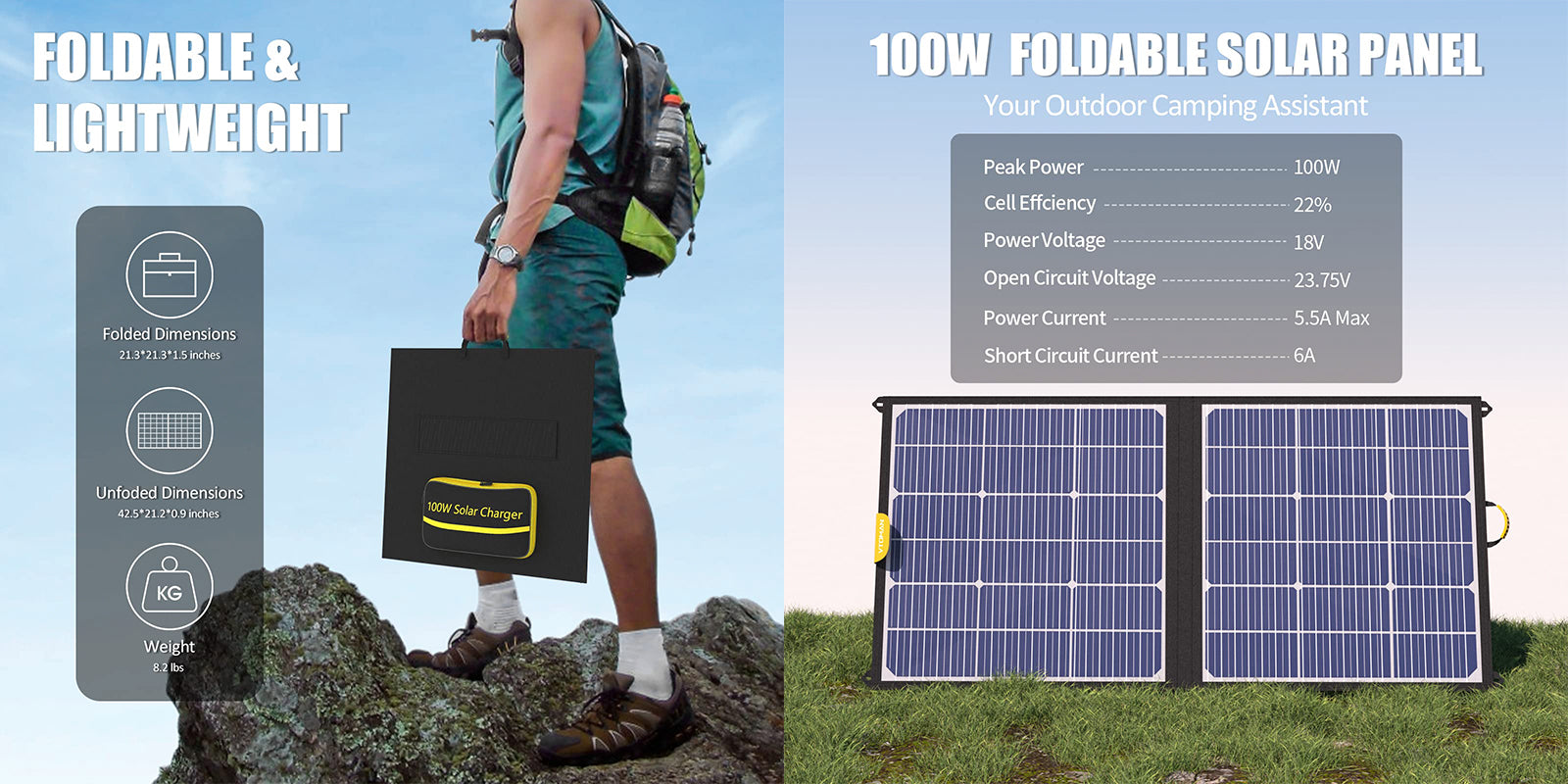When it comes to powering your motorhome with clean and renewable energy, RV solar panels are an excellent choice. They allow you to harness the power of the sun to charge your batteries and run your appliances, making your RV more self-sufficient and environmentally friendly. In this article, we will explore the different types of RV solar panels available in the market and help you determine which one is right for your motorhome.
The Benefits of RV Solar Panels
Before delving into the various types of RV solar panels, let's first understand why they are a popular choice among RV owners. RV solar panels offer several advantages that make them a worthwhile investment.
Firstly, they provide you with the freedom to camp off-grid for extended periods. With solar panels, you can generate your own electricity, reducing your reliance on traditional power sources. This allows you to explore remote locations and enjoy the serenity of nature without worrying about hookups or running out of power.
Secondly, RV solar panels are environmentally friendly. By harnessing the sun's energy, you reduce your carbon footprint and contribute to a cleaner and greener planet. Solar power is a renewable energy source that does not produce harmful emissions, making it an eco-conscious choice for RVers.
The Different Types of RV Solar Panels
Now that we understand the benefits, let's explore the different types of RV solar panels available:
Monocrystalline Solar Panels
Monocrystalline solar panels are known for their high efficiency and sleek appearance. They are made from a single crystal structure, which allows them to convert sunlight into electricity more effectively. Monocrystalline panels are ideal for RVers who have limited roof space but still want to generate a significant amount of power.
Polycrystalline Solar Panels
Polycrystalline solar panels are made from multiple silicon crystals, giving them a distinctive blue color. While they are slightly less efficient than monocrystalline panels, they are more affordable and offer a good balance between cost and performance. Polycrystalline panels are a popular choice for RVers on a budget.
Thin-Film Solar Panels
Thin-film solar panels are lightweight and flexible, making them a versatile option for RV installations. They are made by depositing a thin layer of photovoltaic material onto a substrate, such as glass or metal. Thin-film panels are less efficient than crystalline panels but perform better in low-light conditions. They are a suitable choice for RVers who prioritize flexibility and portability.
Amorphous Solar Panels
Amorphous solar panels are another type of thin-film panel that uses a non-crystalline silicon structure. They are highly durable and perform well in high-temperature environments. Amorphous panels are less efficient than crystalline panels but are more resistant to shading and have a longer lifespan. They are a good option for RVers who frequently travel to hot climates or encounter shading from trees or other obstacles.
Choosing the Right Solar Panel for Your Motorhome
When selecting the right solar panel for your motorhome, there are a few factors to consider:
1. Power Requirements: Assess your power needs and determine how much electricity you require on a daily basis. This will help you determine the appropriate size and number of solar panels.
2. Available Roof Space: Consider the available roof space on your motorhome. If you have limited space, you may need to opt for more efficient panels, such as monocrystalline or thin-film.
3. Budget: Determine your budget for solar panel installation. While monocrystalline panels are more efficient, they are also more expensive. Consider your budget constraints and choose a panel that offers the best balance between cost and performance.
Conclusion
RV solar panels are a fantastic way to power your motorhome with clean and renewable energy. By exploring the different types of rv solar panels available, you can make an informed decision that suits your power requirements, available roof space, and budget. Whether you choose monocrystalline, polycrystalline, thin-film, or amorphous panels, you'll be one step closer to enjoying the freedom and sustainability that solar power brings to your RV adventures.
